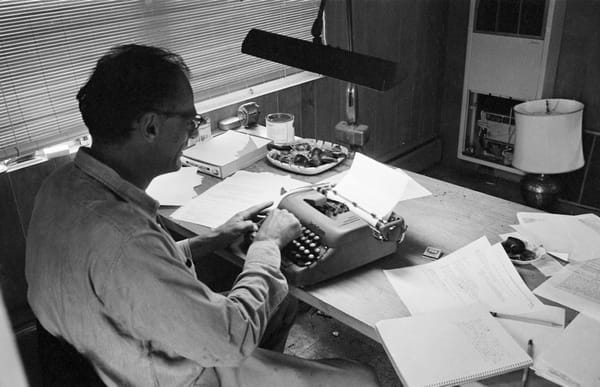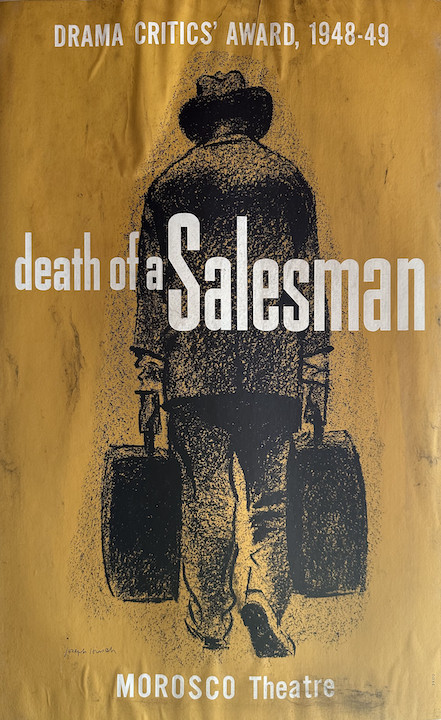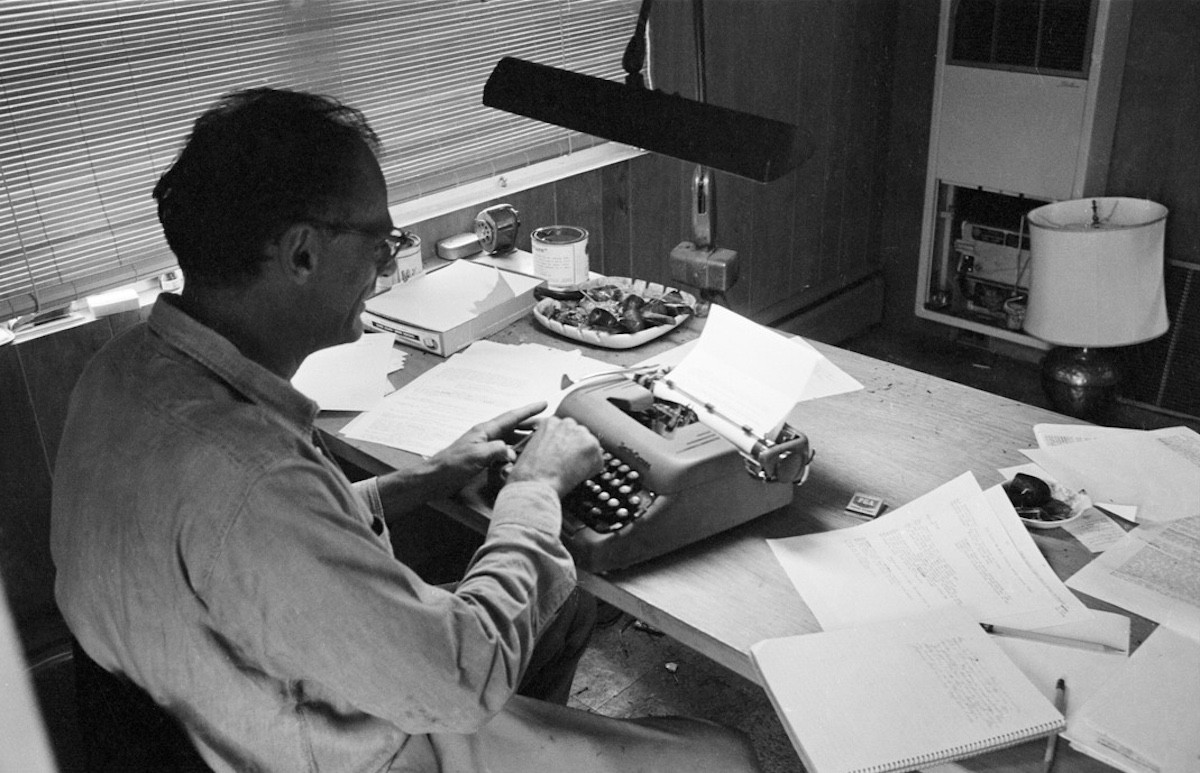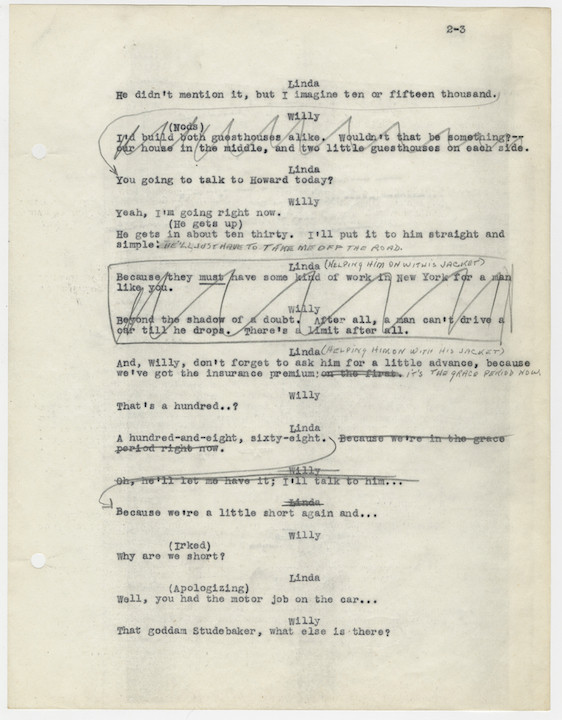The Arthur Miller Society Holds a Conference, “'Death of A Salesman' At 75” in The Playwright’s Beloved Town, Roxbury, CT
The day-long conference will explore the play’s genesis and enduring impact at the Minor Memorial Library in Roxbury, CT.

The day-long conference will explore the play’s genesis and enduring impact at the Minor Memorial Library in Roxbury, CT.

"Death of a Salesman" made its Broadway debut in February of 1949 and took audiences and critics by storm, running for 742 performances and winning both a Pulitzer and a Tony that year. “From the first tryout in Pennsylvania, people knew that Miller had written a masterpiece,” says Steve Marino, founding editor of the Arthur Miller Journal. “The play made a statement that still rings true today.”
This year, the Arthur Miller Society will gather in Roxbury, Connecticut, where Miller made his home, for the 14th annual Arthur Miller Conference and a celebration of the iconic play’s 75th birthday. The free, one-day conference will explore the play’s ever-evolving connection to audiences and readers around the world, where it has resonated to an astounding extent for a piece that examines what we often call the American dream. “The play has stayed popular around the world,” says Marino. “Miller himself directed a production in Beijing in 1983 and it was a sensation in Communist China.”
Arthur Miller scholars and the play’s many fans, embracing the play’s merciless yet never condescending examination of Willy Loman’s struggle to face his own twilight, believe that Miller both captured and transcended early mid-century America, creating an Everyman for the ages. It certainly seems to be the case. “Since the play premiered in 1949, there has never, never been a day on which 'Death of a Salesman' is not playing somewhere in the world,” Marino says. “Miller had a really astounding streak where he wrote four great plays in a row, from 'All my Sons' in ‘47, 'Salesman' in ‘49, 'Crucible' in '53 and 'A View from the Bridge' in ‘55, that powered an incredible 70 year career.” In 1956, the House Un-American Activities Committee served Miller with a subpoena. With his new wife Marilyn Monroe in the gallery, he outlined for them every detail of his own political doings but flatly refused to name any friends or colleagues, getting himself cited for contempt.

Original theater poster. Artwork by Joseph Hirsch
“'Death of a Salesman' is infused with political awareness, yet it’s really about much deeper things,” says Marino. “How we feel about ourselves, our parents, our kids. It works on two great planes at once, social commentary and family drama, and I think that’s why it’s so resonant. The emotions suck us in, and the social commentary gets us to stick around and think. We identify with Willy, with his awful realization that his struggle with the American dream has led him to this moment. We identify with his wife Linda saying to his son that it matters that Willy is a human being and a terrible thing is happening to him. To be a success, to have stability and feel close to the people you live with, that’s not just the American dream — it’s the Chinese dream, it’s the Kenyan dream. And this is the place where immigrants come to pursue that. I think the session with the international scholars will be especially fascinating this year.”
The morning will feature Miller scholars from around the world, followed after lunch by presentations from teachers and students impacted by the play, and finish with “Remembering Arthur Miller,” a panel of Roxbury locals talking about the man they knew. “In ‘77 he wrote a book about life in Roxbury called In the Country,” says Marino, “not a tell-all but a fond and flattering portrait of life there. He found it a very special place, because it is.” The Arthur Miller Society, a not-for-profit located in Roxbury, is cosponrosing the conference with the Arthur Miller Writing Studio and also raising funds in hopes of relocating Miller’s studio to the Minor Memorial Library campus, The intention is to offer writing workshops, panels, performances, educational programs, and writers residencies there, celebrating both Miller in particular and the rich literary history of Litchfield County overall.
The event will happen on Saturday, October 19 from 9 a.m.-5 p.m. at Minor Memorial Library and also via livestream; there’s no charge, but they do require that you make a reservation by October 10.

